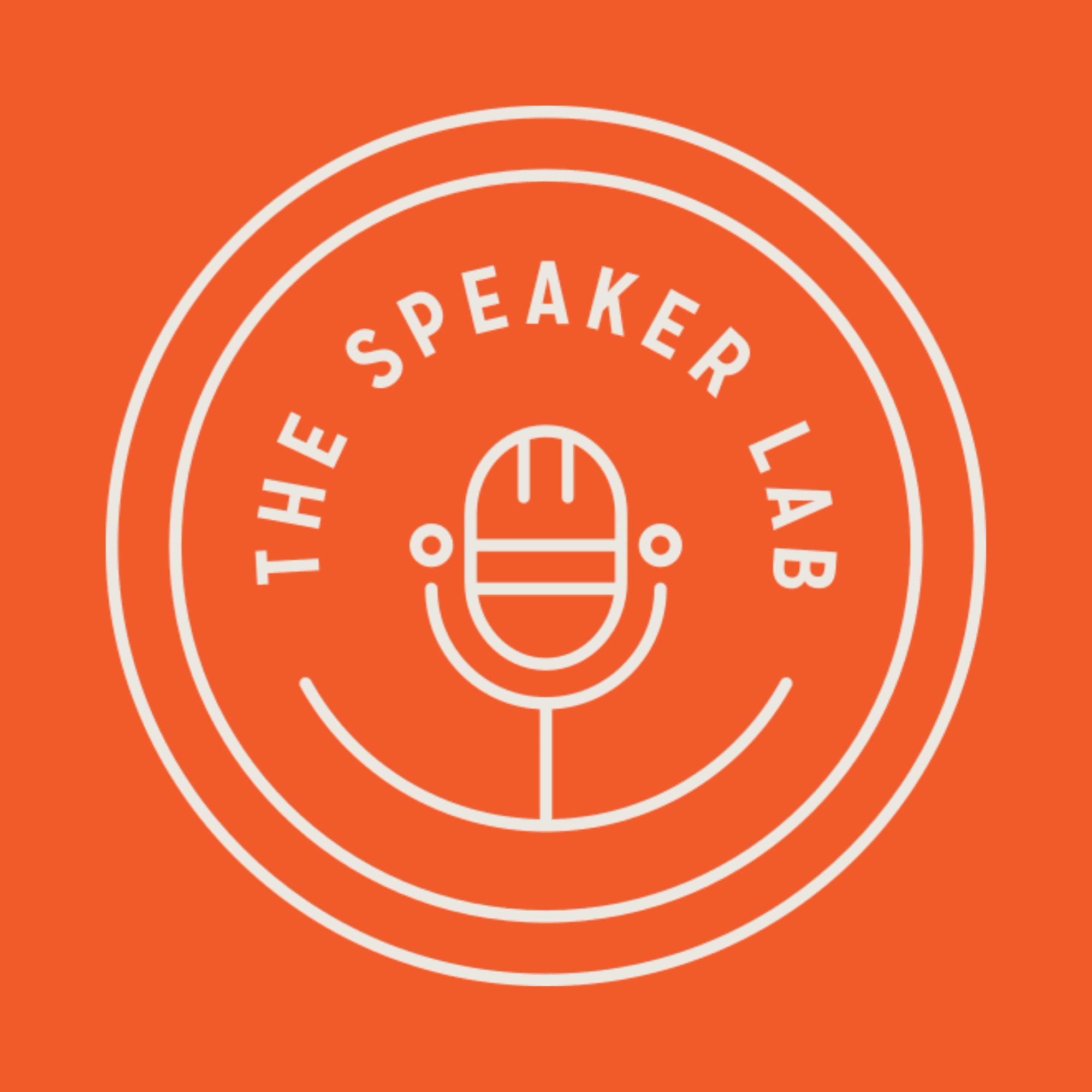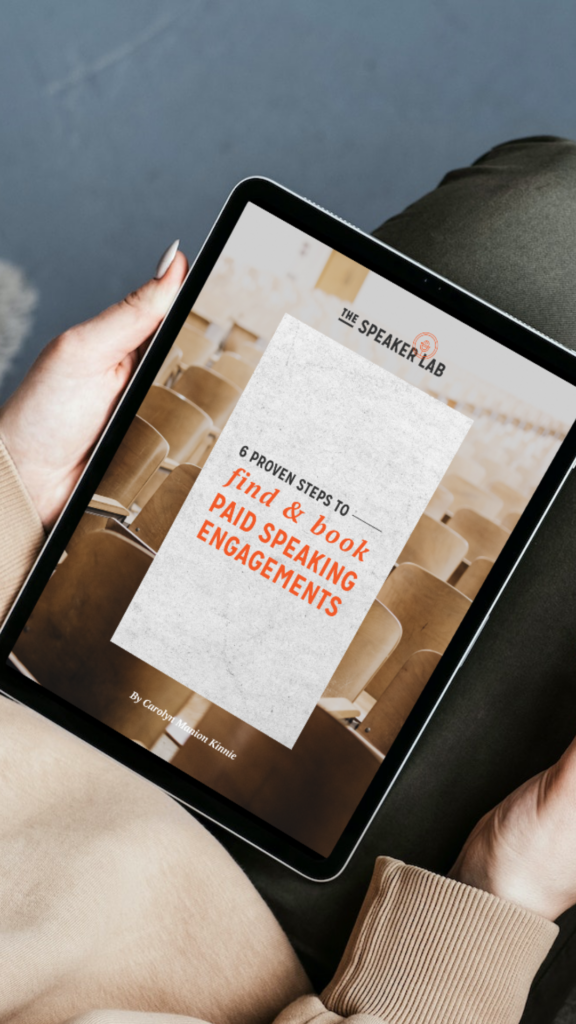Once you’ve decided you want to speak and you have an idea of what you want to speak about, how do you actually create your talk? And what makes a talk good versus another talk?
I’m answering all of those questions on this show. I’ll walk you through the process I use to create a great talk from idea to completion. I’ll also explain why each step in the process is important and why it can help you when creating your next (or your first!) speech.
We cover all of that and much more on episode 14 of The Speaker Lab.
THE FINER DETAILS OF THIS SHOW
- There are two key questions your audience is asking: what are they?
- Why having a single idea makes your preparation easier and your talk better.
- What are the types of structures you can use to organize your content?
- When to create an outline and why it’s useful.
- Why I recommend never “winging it” with your talk.
- When and why you should manuscript your entire speech.
- What is the rhythm I follow in my speeches, and how can you follow it?
- And much, much more!


